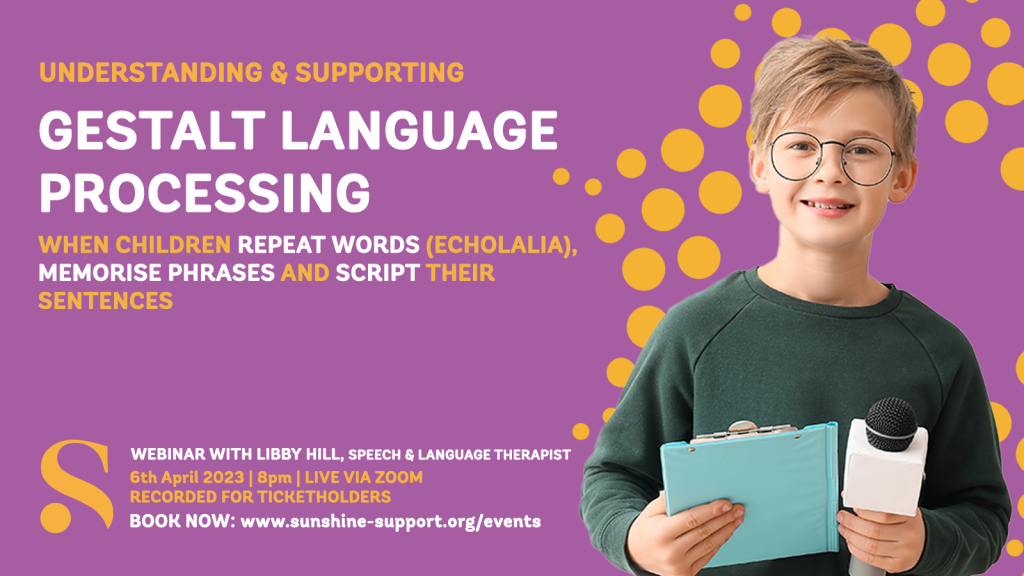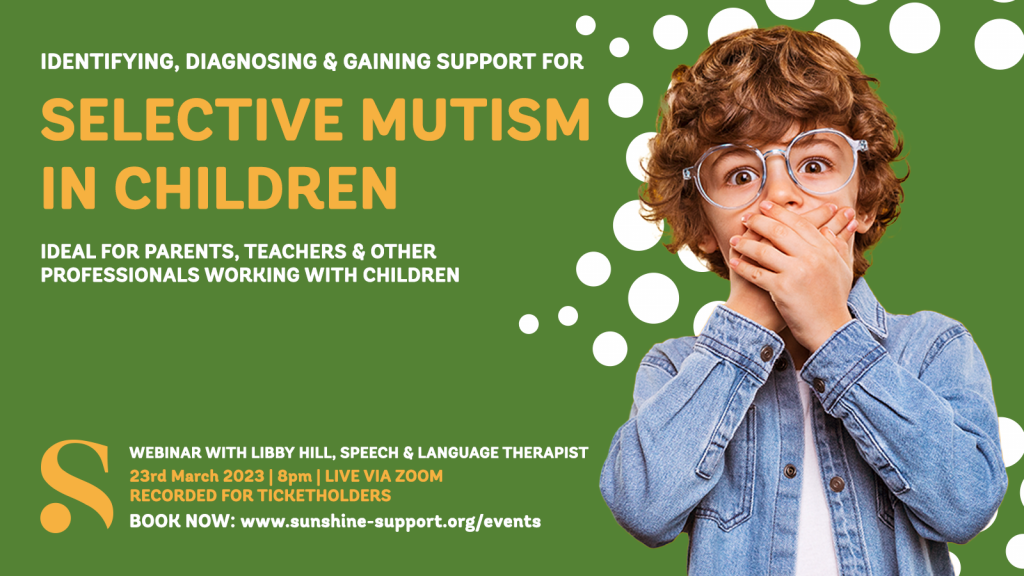
We are always on a mission to ensure children and young people with SEND are receiving the support they need to progress and succeed throughout their education. Having the right provision detailed and put into place can be paramount in creating a strong EHCP (Education Health & Care Plan) and ensuring their success. But what happens next? After they leave school and progress to whatever they want to pursue next, what support can they get after their EHCP runs out?
EHCP (and IDPs in Wales) can go up until the age 25.
EHCPs in England and the new IDPs (Individual Development Plans) in Wales can last up until the age of 25. They must continue to be reviewed annual up until they end. However, if the young person in question is transitioning to higher education, then the EHCP/IDP will come to an end. There is other support available thought, which I shall get onto later.
Age and Mental Capacity
From the age of 16, children and young people with SEND are assumed to have mental capacity and therefore they are responsible for making their own decisions in regard to their education.
The Children and Families Act 2014 states that local authorities must:
• understand the importance of young people participating ‘as fully as possible’ in decision-making
• provide information and support to assist their participation in decision-making
As a young person with assumed mental capacity, it is their right to decide how they would like to proceed with provision and how they would like to proceed further into education.
Requesting an EHCP
All young people between the ages of 19 to 25 have the right to request an EHC needs assessment unless there has already been one carried out in the last 6 months. This comes under Section 36 of the Children and Families Act. No official diagnosis is required to apply, there just needs to be additional needs that have been identified.
We have an excellent EHC needs assessment template letter over on our resources page!
The EHCP shouldn’t just end, there needs to be a clear transition in place.
When it is time for an EHCP to end, whether this be due to a young person transitioning to higher education or turning 25, there should be a clear transitional pathway put in place.
The final annual review should discuss how this will be implemented with clear planned timescales, responsibilities and access to advice if/when future support is needed once the EHCP/IDP ceases.
Access to support at Higher Education/University
EHCPs/IDPs do not continue into higher educating, but there is still support that can be accessed. You can apply for a Disabled Student Grant through Disabled Student Allowance, which will provide you with a variety of support.
I, having a Specific Learning Difficulty (namely ADHD), have been given a large range of specialist equipment as well as having one hour a week of one-on-one mentoring all through DSA.
On top of that, I also have “reasonable adjustments” arranged with my university that allow for my needs to be met. This can be anything from changes to deadlines or alternative assessments.
Support in the workplace
There is support available for any individuals with a disability or additional need through Access to Work. This is a publicly funded grant provided all sorts of support such as:
· aid and equipment in your workplace
· an interpreter or other support at a job interview if you have difficulty communicating
· other practical help at work, such as a job coach or a note taker or lip speaker
· and lots more!
Anyone who is employed, over the age of 16 and has a mental health condition or long-term disability can apply for the grant.







